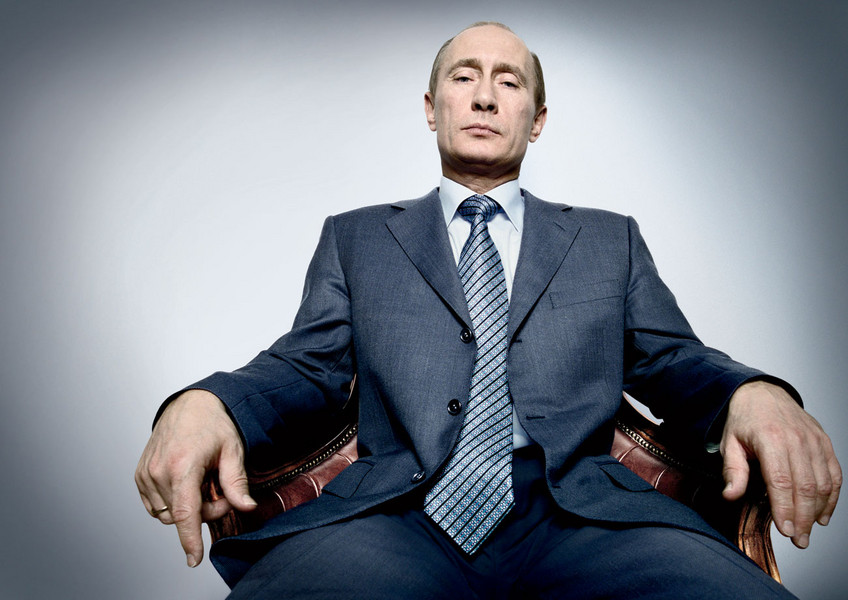On August 20, 2015, Raimonds Vējonis, the President of Latvia, and Dalia Grybauskaitė, the President of Lithuania, attended the inauguration of the NATO Strategic Communications Centre of Excellence (NATO STRATCOM CoE) in Riga, Latvia. The Centre is dedicated to capacity building in the strategic communications domain, uniting the study of public diplomacy, public affairs, information operations, and psychological operations. Through contributions facilitated by the Canadian Department of Foreign Affair’s Global Peace and Security Fund, the Centre was able to organize a three-month long counter-propaganda training programme on May 8, 2015 for intelligence analysts, psychologists, and defence personnel across the Alliance. According to the Canadian Ambassador to Latvia, Alain Hausser,
Canada is delighted to fund this unique and world-class training course which will act as a real counter to the insidious Russian propaganda.
Currently, given that the NATO STRATCOM CoE in Latvia is still in its embryonic stages, this article will explore various approaches Alliance members can take to counter disinformation emanating from various sources.
First of all, one important role the Centre can undertake is to set a common definition and objective benchmarks against which to evaluate disinformation and propaganda. Russian media specialist Peter Pomerantsev suggests establishing a foundation similar to Transparency International for Disinformation, which would monitor the amount of bias and disinformation in both traditional and social media. Measures such as Ukraine’s ‘Stop Fake’ initiative, which exposes fabrications in local press, can also be useful in countering disinformation.
In addition, Pomerantsev believes that Brussels and Washington should invest in developing and strengthening media channels, which will directly appeal to the Russian-speaking diaspora, especially in the Baltic countries where Russian state-funded news stations and media prove popular. There is an estimated 3.5-milion strong Russian-speaking diaspora in Germany alone, outnumbering the respective populations of Estonia, Lithuania, or Latvia. According to information warfare expert Leigh Armistead, new threats in today’s security environment cannot be neutralized through weaponry or armed occupation. In effect, they can only be fully eliminated through a “battle for hearts and minds.”
On a more concrete level, civilian communication infrastructures in regions susceptible to attack should be reinforced and strengthened. Even if radio towers, broadcasting stations, and Internet cables were to be damaged, precautions should be taken to ensure that the central government would be able to communicate effectively with its citizens across the country. Resources should be devoted to promoting media literacy and critical thinking skills so that the general populace would be better able to identify unreliable sources of information and media bias.
Chairman of the U.S. Active Measures Working Group, Dennis Kux, asserts that a long-term strategy is necessary in order to counter disinformation. The key is to release a steady stream of factual information to expose falsehoods in a credible manner. Relying on classified information, which cannot be released to the public, is unconvincing. To discredit disinformation, providing detailed supporting material is crucial. In short, information should be made as accessible as possible to the public.
According to researcher András Rácz, disinformation campaigns are a ‘distract and delay’ tactic given that they gradually weaken over time as falsehoods are eventually dispelled. Rácz believes that the best way to bolster resilience in a society is through good governance, promoting media freedom, the rule of law, freedom of association, and democratic legitimacy. According to NATO Secretary General Jens Stoltenberg,
Our best weapon against disinformation is information based on our values of democracy, freedom of speech and open societies.
However, the reality may not be as cut-and-dried. As the Ukraine crisis has demonstrated, we should not assume that freedom of information necessarily leads to a more open or democratic society. Nor should we assume that left to its own devices, the truth will always emerge or that the truth speaks for itself. It is important to consider that information can be harnessed and manipulated by authoritarian regimes in order to generate confusion and undermine trust in government, often with unpredictable and destabilizing effects on society.



